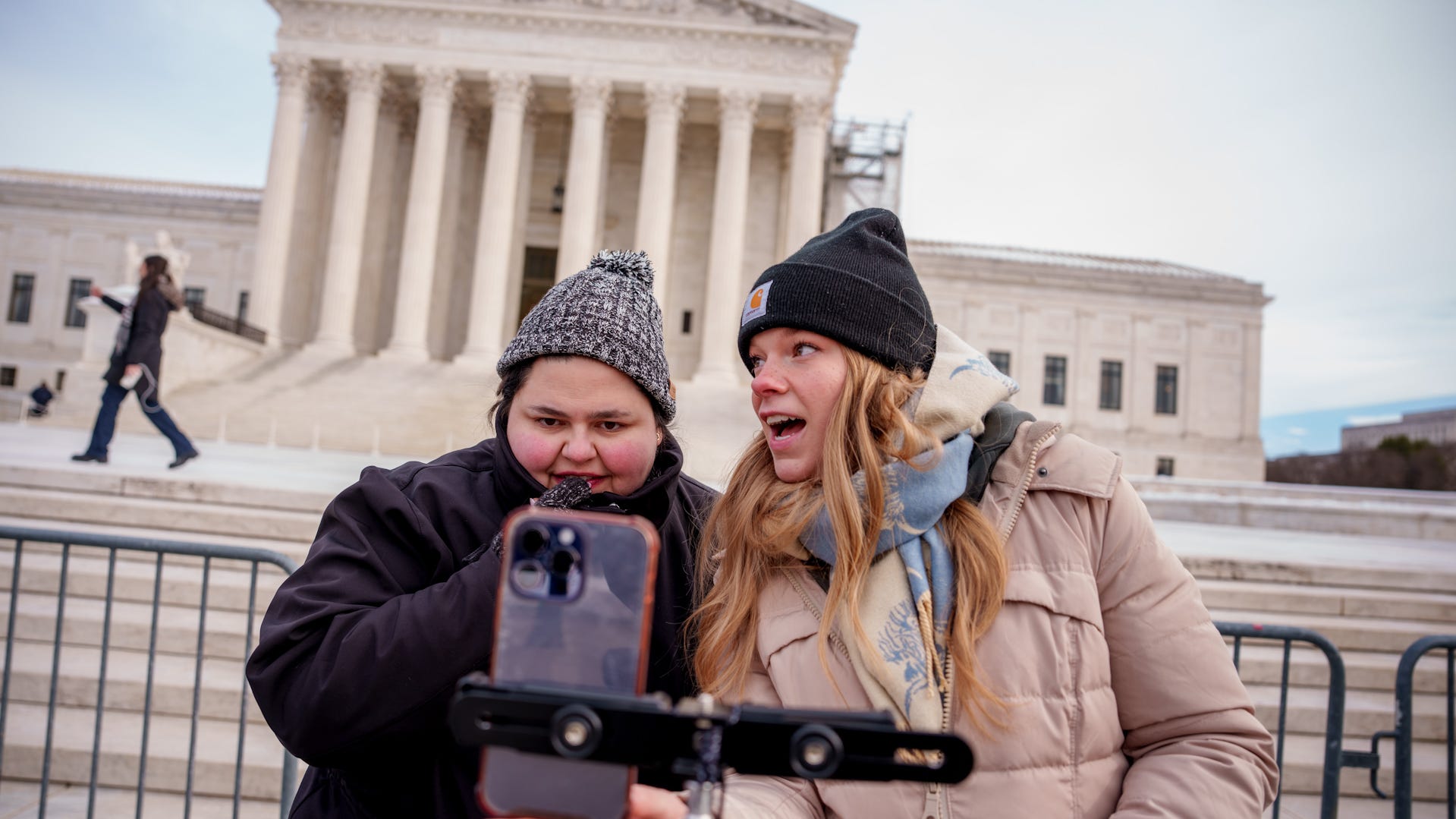Epilepsy kept Ava from attending school before noon. The Supreme Court is taking her case.
Lower courts said the student has to show the school acted in bad faith or gross misjudgment.

WASHINGTON – The Supreme Court on Friday said it will decide whether a teenager with severe epilepsy can sue her Minnesota school after a lengthy fight over special accommodations.
At the heart of the issue: can the student, identified only by her first name - Ava - sue for discrimination. She cannot attend school before noon, and her school is now under court order to extend her school day until 6 p.m.
Ava has had a rare form of epilepsy called Lennox-Gastaut Syndrome since she was an infant. As a result of her condition, she has significantly diminished intellectual capacities and has seizures throughout the day. But the seizures are most severe in the morning.
The Supreme Court will consider whether Ava and her family has to show the school acted in “bad faith or gross misjudgment” in the battle over her accommodations.
The teen’s family says the school applied a more stringent test than is required and the courts that are mistakenly applying it have unfairly ignored discrimination claims from hundreds of disabled students fighting for an education.
“This question presented comes up frequently in litigation brought by children with disabilities,” attorneys for the family told the justices. “It should now be resolved by this Court.”
Was there an intent to discriminate against the teenager with epilepsy?
The Osseo Area Schools district said courts all agree that a student has to prove an intent to discriminate.
And that didn’t happen in this case, the district said, because the school made “persistent efforts” to accommodate the student’s epilepsy.
“Although petitioner’s parents disagree with some decisions the District made, those disagreements do not evince discriminatory intent under any standard used in any circuit,” the school’s lawyers told the court.
Ava’s parents said the school repeatedly denied their request for evening instruction at home. They filed a complaint with the state under the federal Individuals with Disabilities Education Act, which requires a free appropriate education to children with disabilities.
Suing for discrimination under the Americans with Disabilities Act
Her parents also sued the district under the Americans with Disabilities Act and the Rehabilitation Act, which protect students from disability discrimination. The suit includes a request for monetary compensation.
The St. Louis-based 8th U.S. Circuit Court of Appeals agreed with the district court that the suit should be dismissed because “a school district’s simple failure to provide a reasonable accommodation is not enough to trigger liability.”
Ava may have a genuine argument about whether the district was negligent or even deliberately indifferent, the appeals court said, but a 1982 decision by the 8th Circuit said that wasn’t enough.
The school district said that decision properly balances the need to defer to school officials' expertise and judgment while still stopping targeted discrimination of students with disabilities.
But advocates for students with disabilities said the decision undermines federal protections against discrimination for students whose claims are based on a failure to accommodate them.